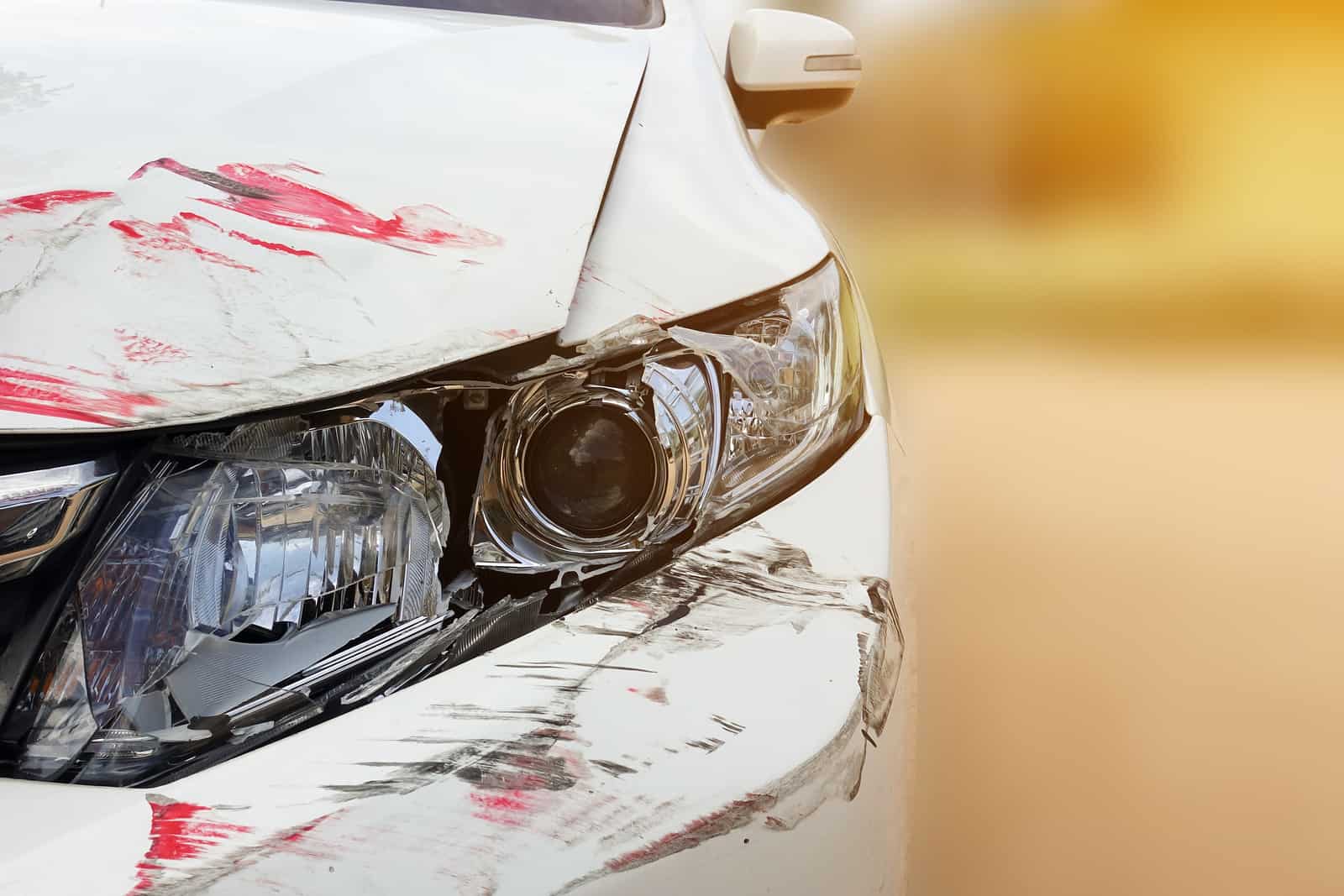Accidents happen. Even the best of drivers find themselves in a fender bender from time to time. When you’ve been in a wreck, it’s easy to feel overwhelmed, frustrated and unsure of what to do next. These feelings are multiplied tenfold when you’ve crashed a car that doesn’t technically belong to you. Crashing a leased car can send you through waves of guilt, anxiety, and fears about what, if anything, you’ll owe for repairs.
Thankfully, this sort of thing happens all the time. In fact, there are insurance policies designed for this precise kind of accident. Keep reading to learn how gap insurance works and what to do if you don’t have it in your auto insurance policy.
If the Car is Repairable…
The first step after any car accident is to check and see that everyone involved in the wreck is okay. If they are, work to move the car out of the way of traffic. Then report the incident to the police. While you’re waiting for the police to show up, exchange information with the other driver and take a few photos of the damage. After that, you’ll want to contact your insurance company to file a claim. You’ll also want to contact the dealership you’re leasing from and alert them to the incident.
You’ll want to read through your lease agreement to see what you’ve agreed to in the fine print. Generally speaking, leaseholders are expected to carry specific insurance on the car, contact the dealership if an accident occurs, document the damages and get an estimate for the repairs that are needed.
Take the car to a shop that specializes in your kind of vehicle. If possible, consider going through the service shop of your dealership. Because leaseholders are often required to use only original manufacturer parts and follow specific guidelines for repairs, you’ll want to be sure you’re following protocol. Once you’ve received the estimate for repairs, get authorization for them from the dealership. Work with your insurance company to have them pay the mechanic directly or cut you a check for reimbursement. You may be required to pay a deductible for such repairs.
If the Car is Totaled…
Cars that have been appraised and require repairs that are worth more than 70 percent of the value of the car may be deemed totaled. In these cases, the insurance company will write the leaseholder a check for the market value of the vehicle. Because you’re leasing and are not the owner, this check will be sent to the lease financing company. In some cases, the cost to buy out your lease is less than the amount your insurance is willing to pay out for the value of the car. In such cases, you’ll be refunded the difference by the leasing company.
This is rare, though. In most cases, the amount offered by the insurance company does not cover the full cost of a lease buy out. In such a scenario, you’ll be stuck footing the monthly bill for your lease even though the car is totaled. Thankfully, most leases require drivers to hold gap insurance for this precise situation. Also referred to as a waiver of contingency, this type of auto insurance protects leaseholders against total losses. When the amount of compensation received from the insurance company does not fully cover the cost of the lease buy out, gap insurance helps bridge the gap between what you owe and what your settlement covers.
If You Don’t Have Gap Insurance…
Not every leaseholder has gap insurance. In such cases, you’ll be responsible for making payments on the car even though you can no longer drive it. Even when the other driver is responsible for the accident, you’ll still be required to make the payments you owe on the lease agreement. You may be able to discuss your options with the dealership where you’ve leased the car. In some cases, they may allow you to roll your payments over into a new or used vehicle purchase. The lender may also be willing to negotiate a one-time, lump sum payment that’s less than what you owe.
Get Legal Insight Into Your Accident
While not every car crash requires legal action, it’s a good idea to speak with a car accident attorney about your options. They may be able to make suggestions and negotiate with your insurance company for a more reasonable settlement. If you were hurt in the incident, a lawyer can also help get reimbursement for any costs associated with your injuries.
To connect with an experienced attorney in your area, call 877-810-4067 today.


